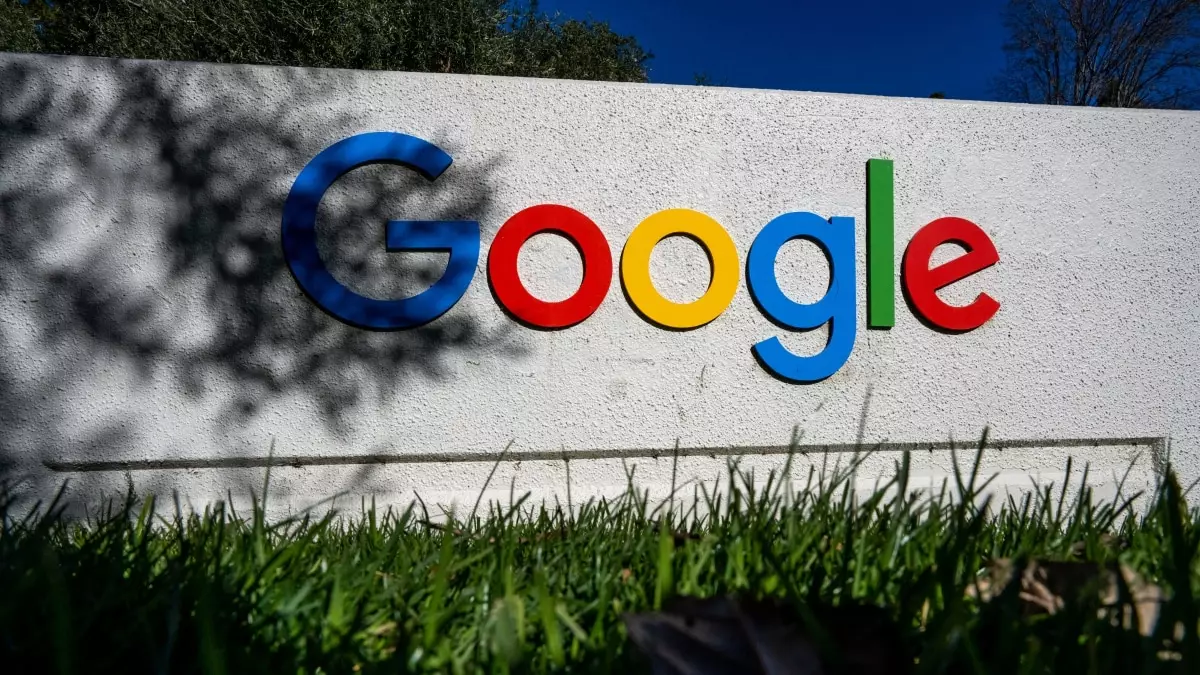Sundar Pichai’s recent assertions regarding Alphabet Inc.’s commitment to expanding its engineering workforce even amidst an aggressive push towards artificial intelligence raise many critical questions about the future of technology and employment. At the Bloomberg Tech conference, Pichai emphasized the irreplaceable value of human talent, insisting that engineering skills are essential as the company accelerates its AI investments. This stance starkly contrasts with the trend seen in the broader tech landscape, where companies like Microsoft have opted for workforce reductions in response to rising operational demands and AI’s transformative role. This divergence in approaches invites scrutiny of the balance between machine efficiency and human creativity in an industry increasingly dominated by technology.
The idea that human workers can coexist with AI developments sparks an important dialogue about job security and workforce dynamics. While Pichai claims that engineers will remain pivotal to Google’s future success, there is an underlying tension as layoffs elsewhere in the industry signal a grim reality: technology can just as easily replace humans as it can augment their abilities. The expansion of AI capabilities raises questions about the profitability of human labor in an era where machines can perform many tasks – and do them faster. Pichai’s optimism may reflect an idealistic vision, yet it fails to account for the anxieties burgeoning among the tech workforce, which is grappling with an uncertain future.
A Hopeful Yet Cautious Outlook on AI
At the conference, Pichai acknowledged the remarkable potential of AI while simultaneously tempering expectations. His candid remarks regarding AI’s limitations and propensity for error underscore the unpredictable nature of these advanced technologies. The ambition of creating Artificial General Intelligence (AGI), AI that truly mimics human intelligence, remains a tantalizing yet elusive goal. It is precisely this duality—optimism tempered by skepticism—that defines the current pulse of innovation in Silicon Valley.
The dialogue surrounding AI inherently invites debate on its broader societal implications. On one hand, automation promises enhanced productivity; on the other, it threatens established job roles and entire industries. Pichai’s insistence on not unfurling the “absolute path to AGI” resonates as a reminder that, while technology has advanced significantly, it is not yet infallible. This sober assessment is crucial in ongoing discussions about AI ethics and its integration into daily life. Can we trust these systems to augment our productivity without simultaneously undermining the workforce that built them?
The Contentious Relationship Between AI and Content Creators
The repercussions of Google’s AI advancements extend beyond simply modifying internal processes; they resonate through the media and content sectors. Publishers are voicing concerns that Google’s AI-generated responses may siphon web traffic away from their platforms. Pichai’s reassurances about prioritizing quality links in search results sounds strategic, yet it fails to assuage the fears of those whose livelihoods depend on organic search traffic. The tension between technology providers and content creators highlights a critical friction point that must be addressed to ensure a sustainable digital ecosystem.
While the tech giant vocalizes its commitment to preserving web traffic for publishers, the inherent risks of AI homogenizing information cannot be overlooked. The potential for algorithms to mediate knowledge and influence public perception should provoke critical scrutiny from all stakeholders involved. Any future evolution of Google’s AI tools must prioritize fairness and transparency, allowing human creativity to co-exist with technological prowess.
The Broader Culture Shift in Technology
Sundar Pichai’s remarks on engineering talent coexist with the notable shift in Silicon Valley towards embracing partnerships with defense entities, as exemplified by Meta Platforms Inc.’s recent collaboration with Anduril Industries. The tech industry’s newfound willingness to support military efforts reflects a broader cultural evolution that intertwines patriotism with innovation. However, this pivot demands an examination of ethics in technology development—striking a balance between advancing national security and maintaining a commitment to the moral implications of such alignments.
Andrew Bosworth’s comments on the patriotic spirit in Silicon Valley warrant close analysis. While a push for national progress can be admirable, it is imperative not to neglect the ethical concerns associated with partnering in defense technology, particularly with AI systems that could have far-reaching consequences. The integration of AI into military applications necessitates a discourse on accountability, regulation, and the societal impact of such technologies.
In the grand tapestry of technological advancement, the narrative remains complex. The tension between human labor and AI will continue to shape industries, while ethical considerations surrounding technology’s role in society persist as paramount. What remains critical is ensuring that as we forge ahead, we do not forget the profound import of human agency within this burgeoning digital landscape.

